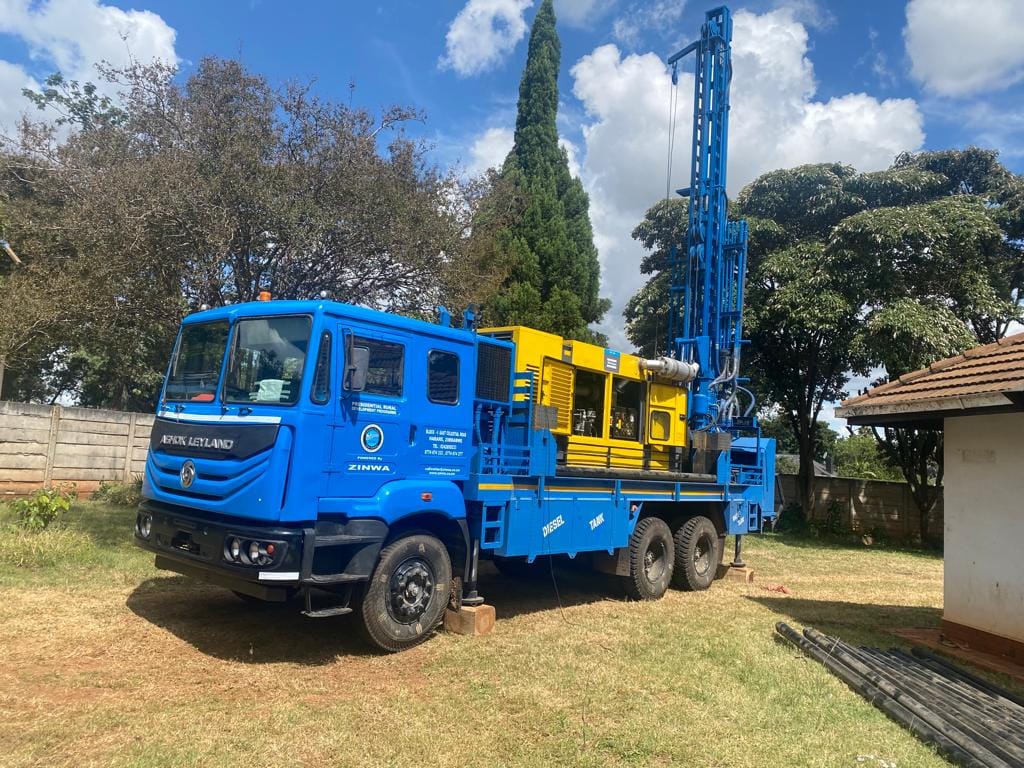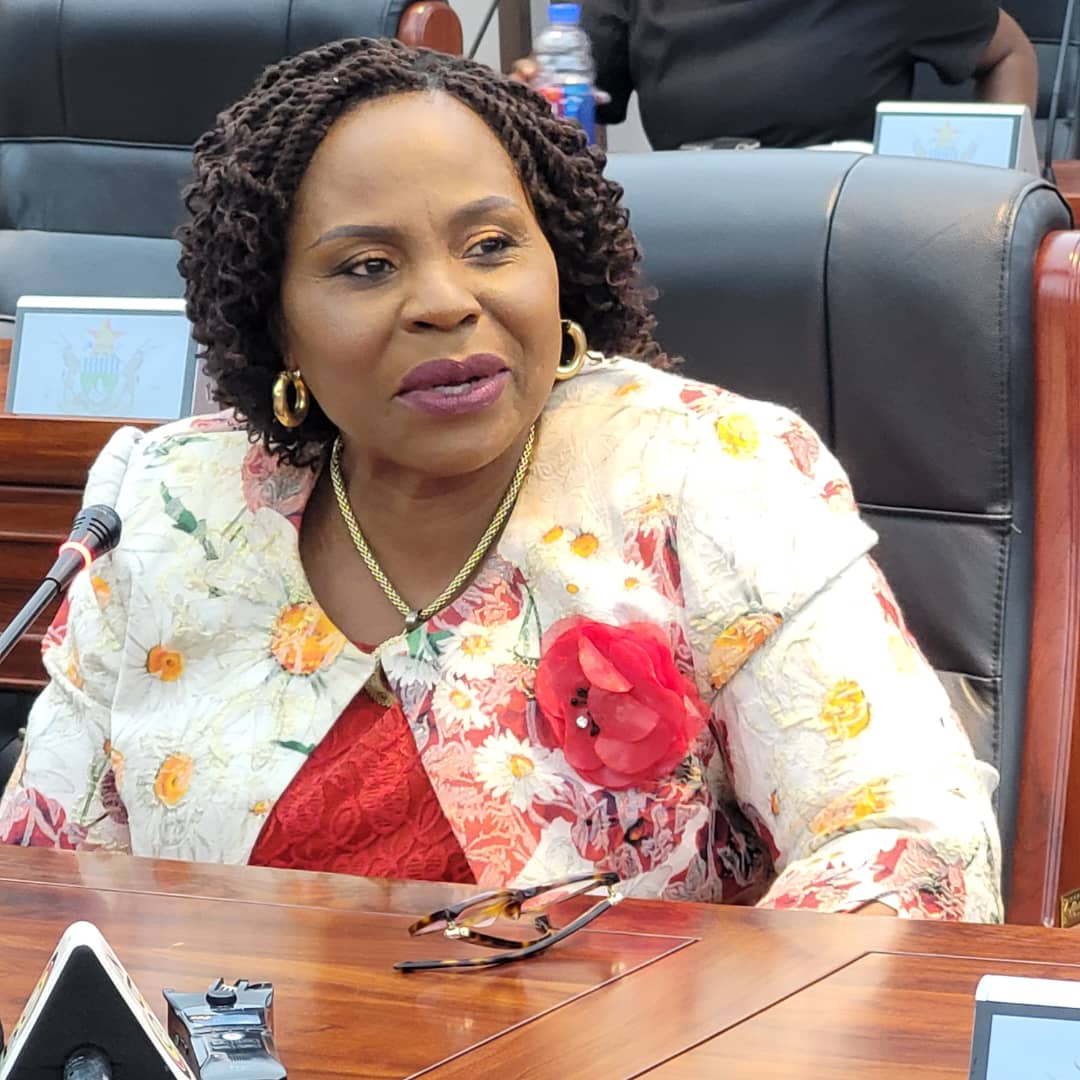Presidential rural borehole drilling programme kicks off
Share

Harare (New Ziana) – Drilling of boreholes in communal areas under the presidential rural development programme is set to start following the handover of eight drilling rigs on Monday to the Zimbabwe National Water Authority (ZINWA).
The eight rigs, procured from India by the government are part of the 50 drilling rigs procured by the government for the implementation of the presidential rural horticultural programme.
Government aims to drill 35 000 boreholes in 35 000 villages across all provinces.
Handing over the rigs, tractors and other assorted drilling equipment, Lands, Agriculture, Fisheries, Water and Rural Development Minister Anxious Masuka said upon completion, millions of citizens in rural areas will have improved access to clean and potable water.
“The dignity of women and girls will be restored as they will not have to walk long distances to get water.
“As will be known by now, of the 50 rigs under the programme, 10 rigs will be allocated to DDF to drill 9 600 boreholes in the 9 600 schools in the country,” he said.
“The 20 tractors being handed to ZINWA seek to complement your efforts and to accelerate the Presidential Rural Development Programme,” he added .
He urged the Treasury to release the last tranche of funds for the 40 outstanding rigs so that they can be procured expeditiously.
The Presidential Rural Development Programme was launched by President Emmerson Mnangagwa in December last year in Mangwe, Matabeleland South province.
Masuka said the Mangwe community is now food secure and financially independent as a result of the presidential horticultural project.
“As we saw in Makorokoro village, Mangwe District, Matabeleland South province, these gardens are both a source of nutrition and cash. On average each of the 142 households have been recieving US$45 monthly in addition to being paid the National Employment Council rates for their labour, ” he said.
Prior to the Presidential intervention, the community was wholly dependant on subsistence farming.
“We are excited by this successful climate proof concept which now paves the way for accelerating the implementation of the presidential rural development programme,” said Masuka.
New Ziana







